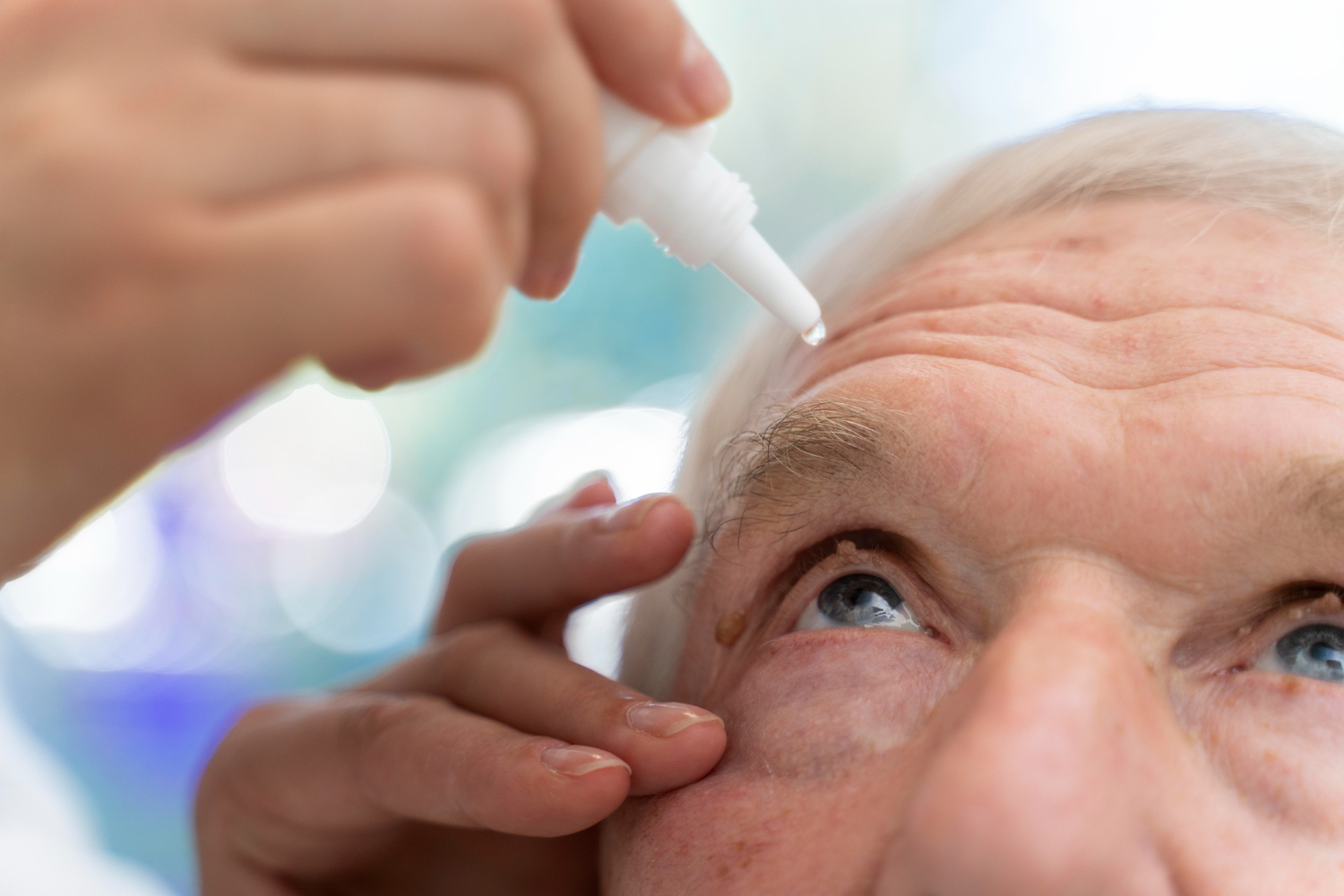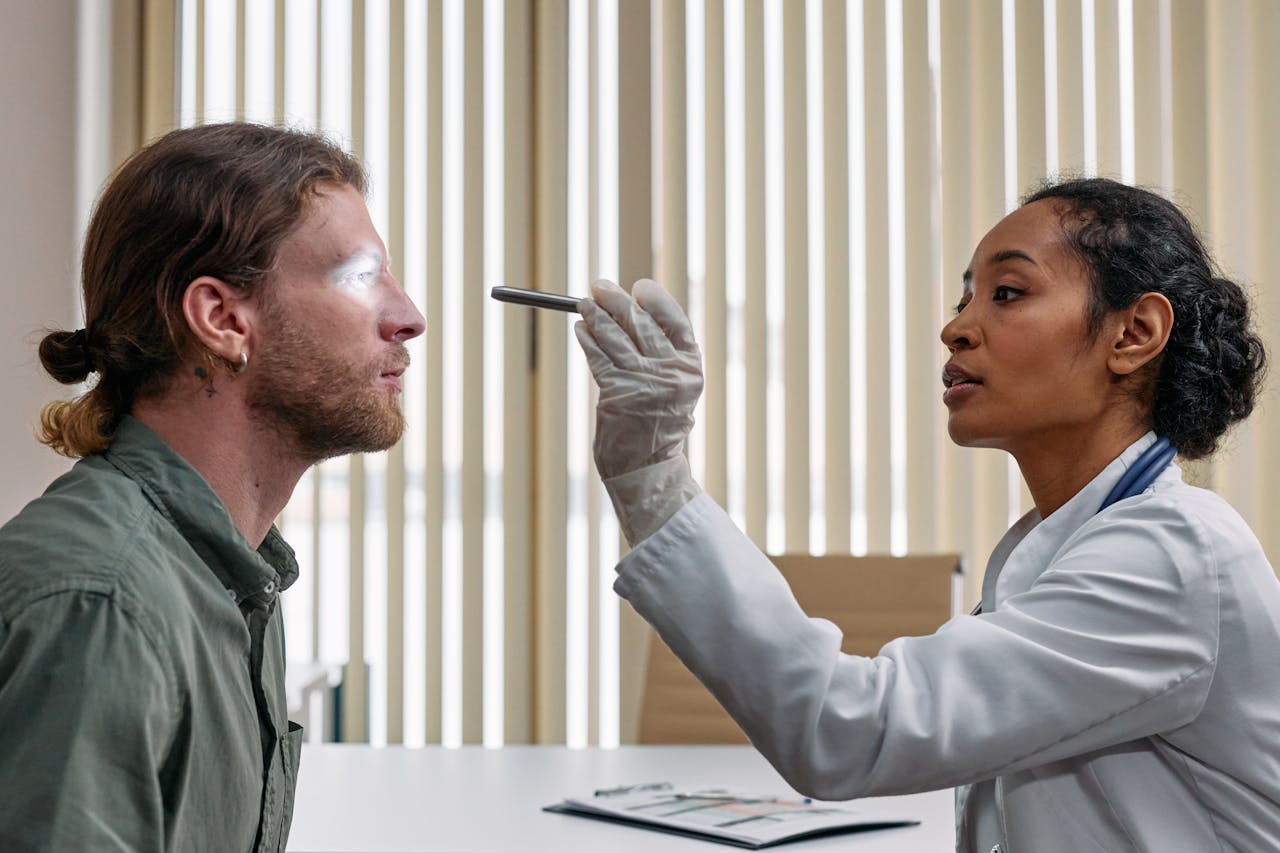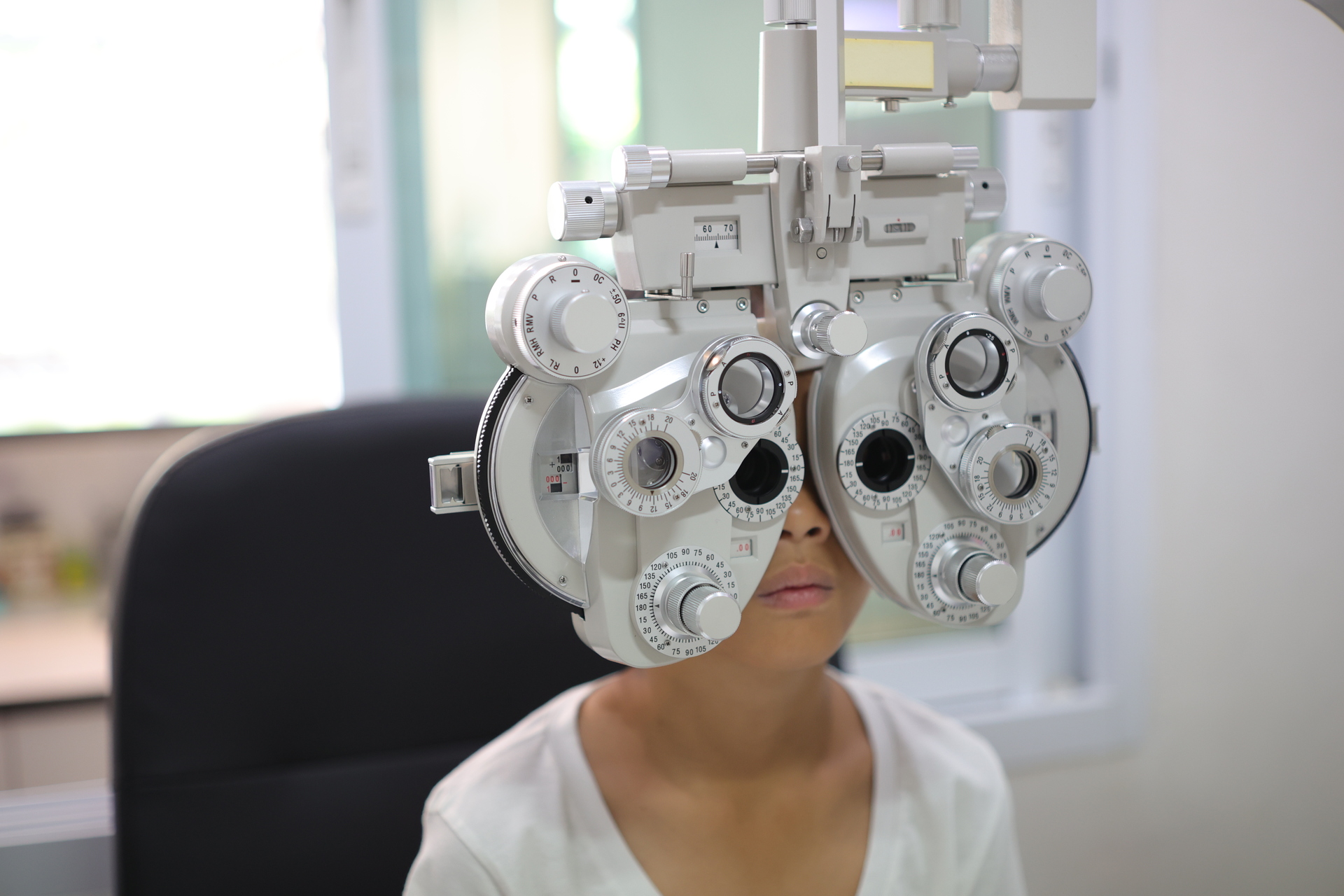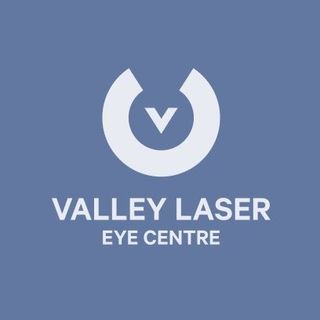Undergoing cataract surgery is a significant step towards regaining clear vision, but the journey doesn’t end as soon as you leave the operating room. Recovery is an essential part of the process, and understanding what to expect can help ensure a smooth and successful healing period. Here at our clinic, we prioritize your post-surgery care and are committed to guiding you through each step of your cataract surgery recovery.
The immediate hours and days following your procedure are critical. We equip our patients with comprehensive care instructions and are always on hand to answer any questions that arise. Recovery from cataract surgery typically involves minimal discomfort, and the outcome is often a dramatic improvement in visual clarity. Adhering to the advised post-operative care is crucial to prevent complications and maximize the benefits of your new vision.
Our experienced eye care professionals not only perform the surgery but also play a vital role in your post-surgery recovery. We emphasize the importance of follow-up appointments, proper eye protection, and strictly following the recovery guidelines that we provide. This personalized follow-through ensures that you receive the best care and outcomes from your cataract surgery. As we move forward, let’s discuss the key elements of the recovery process, including what daily activities to avoid, how to manage any discomfort, and the importance of ongoing eye care.
Understanding the Cataract Surgery Recovery Process
Following cataract surgery, we meticulously support our patients through the recovery process to ensure optimal outcomes. The procedure itself is generally quick, and most of our patients return home the same day with precise aftercare instructions designed to facilitate a smooth and effective healing journey. Initially, it’s common to experience blurry vision and mild discomfort, but these symptoms typically subside within a few days as your eye adjusts to the new lens implanted during surgery.
We advise our patients to attend all follow-up appointments scheduled after the surgery. These critical check-ups allow us to monitor the healing process, evaluate the success of the lens implant, and identify any early signs of complications. It’s important during this phase to avoid strenuous activities and adhere to the prescribed eye protection guidelines to protect your eyes and support their recovery. By following our expert guidance, patients can expect to see marked improvements in their vision, often noticing a significant enhancement in visual clarity and color perception within just a week after surgery.
Daily Activities and Restrictions Post-Cataract Surgery
Returning to daily activities after cataract surgery should be approached with caution to avoid impacting the recovery process. In the first 24 to 48 hours, it is crucial to rest and avoid any activities that could strain the eyes, such as reading, watching television, or using computers and smartphones. We provide our patients with a detailed list of dos and don’ts to ensure they understand how to best care for their eyes post-operation.
For instance, we advise against driving until we confirm it’s safe to do so, which is usually after the first follow-up visit. Other restrictions include avoiding bending over, lifting heavy objects, or swimming for at least the first week. These activities can increase eye pressure and potentially harm the surgical site. Our team is committed to guiding each patient through their personal recovery timeline, providing customized advice tailored to their lifestyle and specific needs. This careful management helps ensure a smooth transition back to everyday life, with improved vision and minimal complications.
Managing Pain and Discomfort After Cataract Surgery
Following cataract surgery, it’s common for patients to experience mild discomfort and irritations, such as itching or mild pain around the eye that was operated on. We are dedicated to ensuring that each patient understands how to manage these symptoms effectively to facilitate a more comfortable recovery. Typically, patients may notice some sensitivity to light and possibly minor swelling. To help manage these discomforts, we provide specific pain management protocols which often include prescribed pain relievers and eye drops that help soothe the eye and reduce inflammation.
In addition, we advise keeping the eye protected from potential irritants, such as dust and grime, and avoiding rubbing the eye, which can exacerbate discomfort. Resting the eyes intermittently also promotes faster healing. Importantly, we continuously emphasize the need to follow our detailed aftercare instructions and to reach out if the discomfort escalates unexpectedly or if you experience severe pain, which is uncommon but important to address promptly.
Long-Term Care and Monitoring Post-Cataract Surgery
Ensuring the longevity of the results and maintaining the health of your eyes post-cataract surgery is paramount for us. Regular follow-up appointments play a crucial role in your long-term post-operative care. These check-ups allow us to monitor the eye’s healing process, assess how well the vision is improving, and check for potential long-term complications, which, while rare, can occur. During these visits, we also evaluate whether additional treatments are necessary to refine your vision further or to address complications like posterior capsule opacification, which can cause cloudiness and blurriness post-surgery.
We highly recommend adopting lifestyle adjustments that can prolong the positive effects of your cataract surgery. These include wearing sunglasses to protect your eyes from UV rays, adopting a diet rich in vitamins that support eye health, and avoiding smoking. Engaging in these practices not only supports the long-term outcomes of your cataract surgery but also contributes to overall superior eye health.
By prioritizing personalized care from the consultation stage through to post-surgery and beyond, we aim to ensure that each patient achieves their best possible vision and enjoys a high quality of life.
If you’re considering vision correction options or need more information on maintaining your vision after cataract surgery, schedule a consultation with Valley Laser Eye Centre. Our Abbotsford ophthalmologist provides innovative and highly effective vision correction technologies and surgeries tailored to meet the individual needs of our patients in Abbotsford, BC.
Remember, this blog post does not replace medical advice and should not be implemented prior to consulting a fully certified medical professional.





